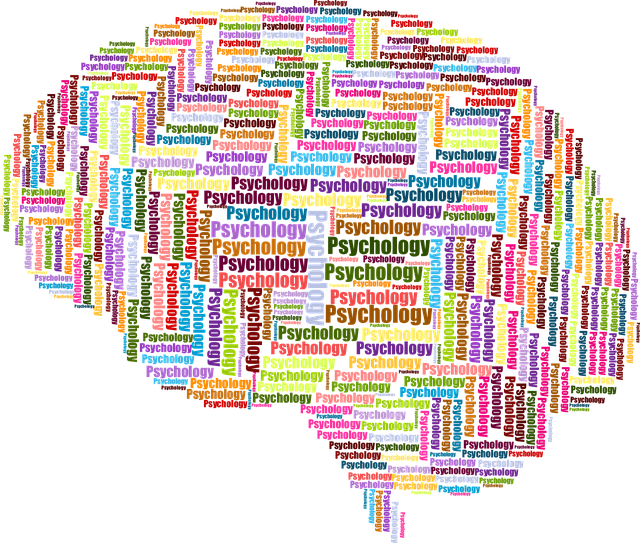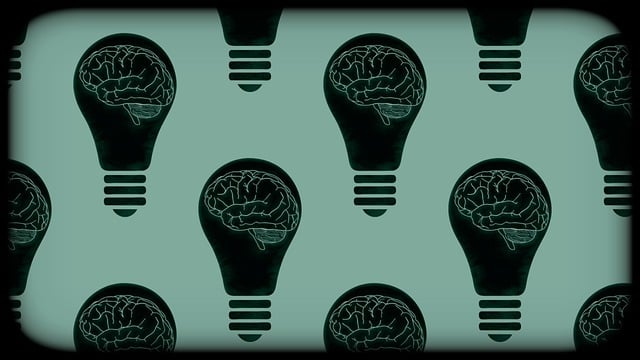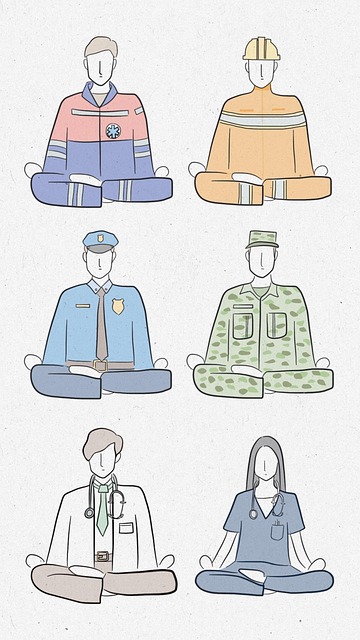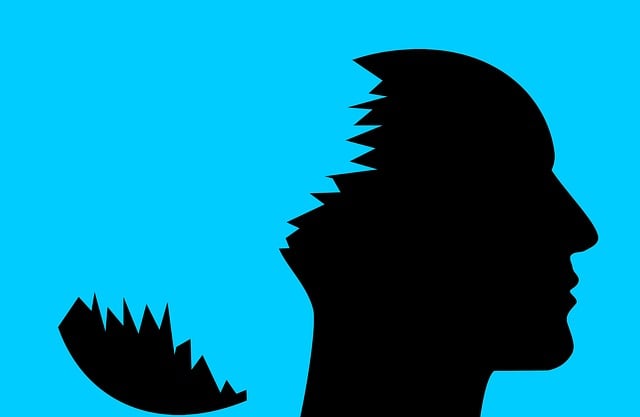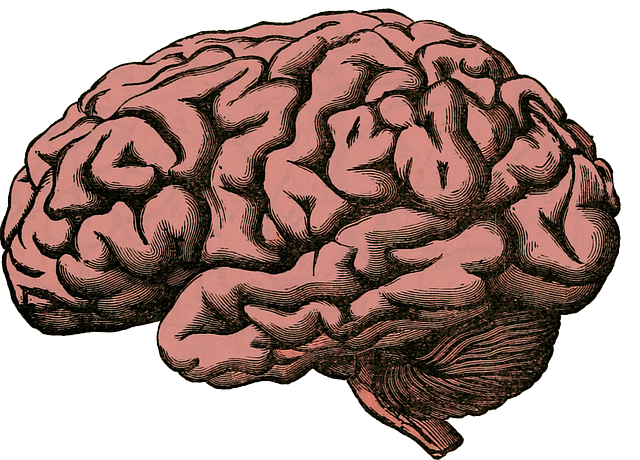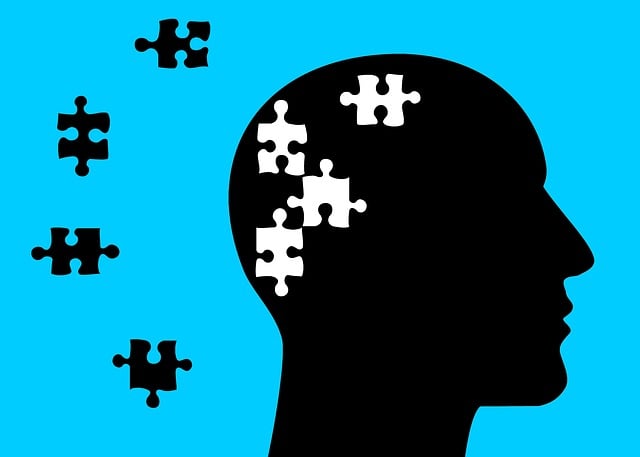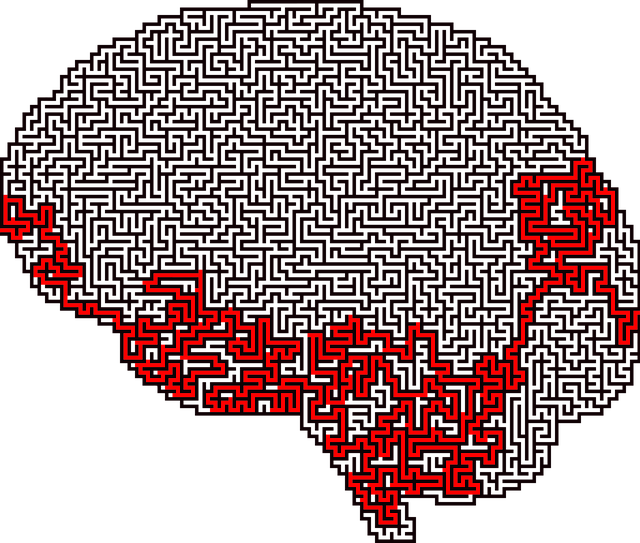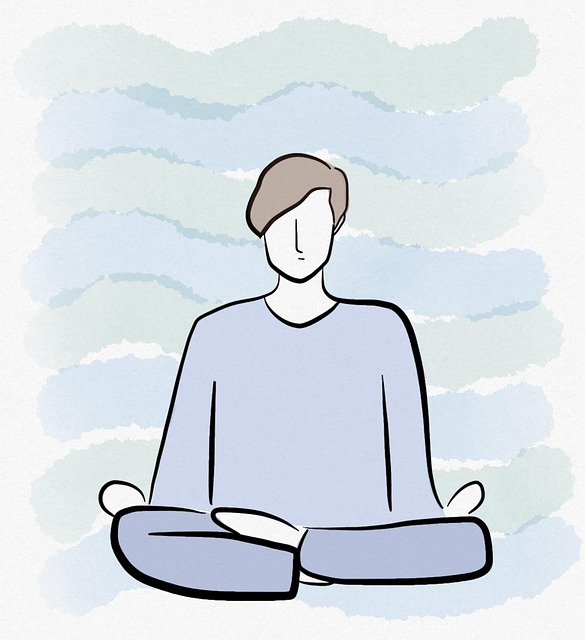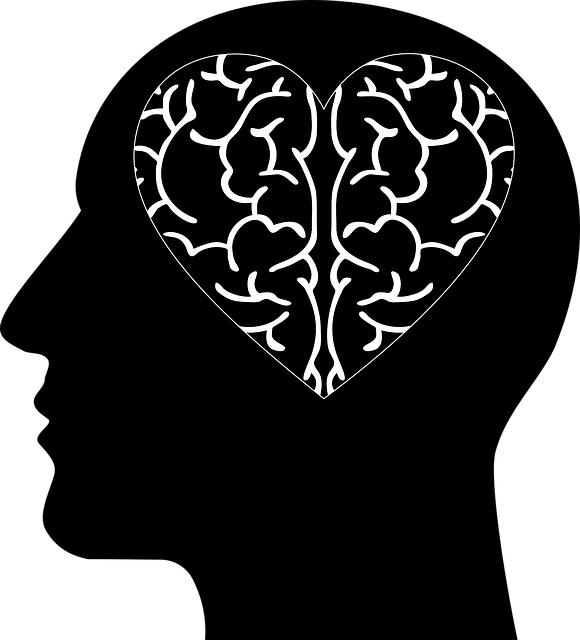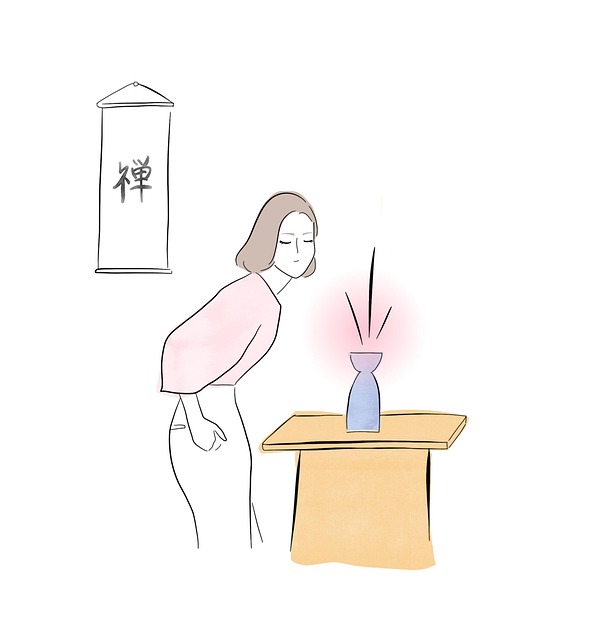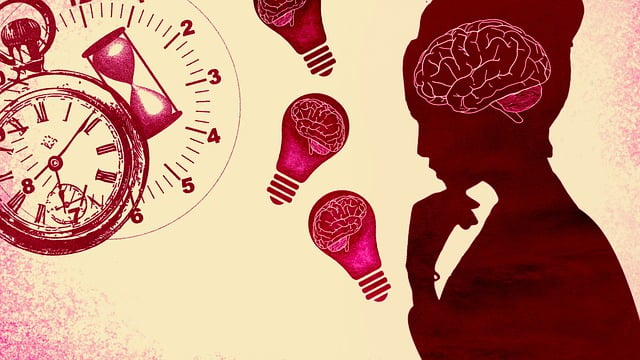Aurora Children Therapy offers a holistic approach to emotional well-being for young individuals, empowering them through emotional intelligence development. By combining evidence-based practices like cognitive behavioral therapy (CBT), play therapy, and art therapy with mindfulness exercises, they teach children to recognize and manage their moods effectively. This personalized approach not only prevents depression but also reduces mental illness stigma, supporting both the well-being of the children and their healthcare providers. Through techniques such as risk management planning, cognitive restructuring, and conflict resolution skills, Aurora Children Therapy fosters emotional resilience and positive outcomes for kids facing anxiety and other mental health challenges.
Mood regulation is a vital skill for children’s emotional well-being. This comprehensive guide explores various strategies to help young minds navigate their emotions effectively. From cognitive strategies that challenge negative thoughts to holistic approaches like Aurora Children Therapy, which prioritises overall emotional health, this article offers practical insights. Discover the power of mindfulness, relaxation, and creative outlets in enhancing mood regulation, providing tools for both parents and therapists.
- Understanding Mood Regulation: Unraveling Emotional Intelligence in Children
- Aurora Children Therapy: A Holistic Approach to Emotional Well-being
- Cognitive Strategies: Teaching Children to Challenge Negative Thoughts
- Mindfulness and Relaxation Techniques for Calm and Focused Minds
- Creative Outlets: Art, Music, and Play as Mood Boosters
Understanding Mood Regulation: Unraveling Emotional Intelligence in Children

Understanding Mood Regulation begins with recognizing the role of emotional intelligence in children. Aurora Children Therapy emphasizes that developing emotional intelligence is a key component in teaching young individuals to manage their moods effectively. By fostering self-awareness, children learn to identify and label their emotions, a crucial step in regulating them. This process not only helps in depression prevention but also contributes to mental illness stigma reduction efforts, as it empowers kids to express themselves openly without fear of judgment.
Through various mood regulation strategies, Aurora Children Therapy guides young clients towards building emotional resilience. These techniques can range from simple mindfulness exercises to more complex cognitive behavioral therapies, tailored to suit each child’s unique needs. Additionally, burnout prevention strategies for healthcare providers working with these children are also addressed, ensuring a holistic approach that supports both the well-being of the child and that of the caregivers involved.
Aurora Children Therapy: A Holistic Approach to Emotional Well-being

Aurora Children Therapy offers a holistic approach to emotional well-being, focusing on the unique needs of each child. This therapy method incorporates various techniques such as play therapy, art therapy, and cognitive behavioral therapy (CBT) tailored to young individuals’ natural expressions and understanding. By fostering self-awareness through Self-Awareness Exercises, this approach helps children develop healthy coping mechanisms, enhance their emotional vocabulary, and build resilience.
In addition to these, risk management planning is a crucial aspect of Aurora Children Therapy. Mental health professionals utilize evidence-based practices and personalized strategies to support children in managing and regulating their emotions effectively. This comprehensive method not only promotes Emotional Well-being Promotion Techniques but also equips them with the skills to navigate challenging situations, ensuring long-lasting positive outcomes.
Cognitive Strategies: Teaching Children to Challenge Negative Thoughts

Children often struggle with understanding and managing their emotions, especially when faced with negative thoughts that can escalate into anxiety or other mental health challenges. Aurora Children Therapy offers a range of cognitive strategies to help young minds navigate through these struggles. By teaching children to identify and challenge those negative thought patterns, therapists facilitate a process that empowers them to reframe their perspectives.
This approach includes techniques such as cognitive restructuring, where children learn to question the validity of their thoughts. For instance, if a child believes they are worthless because they made a mistake, therapists guide them to recognize this thought and replace it with more realistic and positive self-talk. Such interventions not only aid in anxiety relief but also form the basis for effective risk management planning, ensuring children develop resilience to mental health challenges early on. This is particularly beneficial when coupled with conflict resolution techniques, empowering children to handle interpersonal issues constructively.
Mindfulness and Relaxation Techniques for Calm and Focused Minds

Mindfulness and relaxation techniques are powerful tools for cultivating calm and focused minds, making them essential components of Aurora Children Therapy’s emotional healing processes. By encouraging kids to be present in the moment and observe their thoughts without judgment, these practices foster self-awareness and resilience. Simple mindfulness exercises like deep breathing, guided visualizations, or even mindful walking can help children manage stress and regulate their emotions more effectively.
Integrating relaxation techniques into daily routines enhances self-care practices and promotes overall well-being. Through activities such as yoga, meditation, or progressive muscle relaxation, children learn to quiet their minds and unwind their bodies. These strategies not only support stress management but also empower kids to take charge of their emotional states, enabling them to navigate challenging situations with greater composure and clarity.
Creative Outlets: Art, Music, and Play as Mood Boosters

Expressing oneself through creative outlets like art, music, and play can significantly boost mood and act as powerful mood regulators. Engaging in these activities allows individuals to tap into their emotions, providing a healthy outlet for processing and releasing feelings. For instance, painting or playing an instrument enables people to channel their moods, whether it’s sadness that inspires a beautiful masterpiece or anger that finds its voice through a drumbeat. These creative processes foster self-awareness, offering a unique form of therapy that can be just as effective as traditional talk therapies, such as those provided by Aurora Children Therapy.
Incorporating these activities into daily routines, especially for individuals managing mental health challenges, can have profound effects on overall well-being. For example, a structured art therapy program within a Community Outreach Project Implementation can provide a safe space for expression and healing. Crisis Intervention Guidance can be offered through music workshops, where participants learn to use rhythm and melody as tools to calm and regulate emotions. Even developing a Self-Care Routine Development for Better Mental Health might include dedicated time for play, ensuring individuals nurture their creative spirits alongside their mental health journeys.
In conclusion, mood regulation strategies play a pivotal role in fostering emotional intelligence and overall well-being in children. From understanding emotional cues to adopting holistic approaches like Aurora Children Therapy, each method offers a unique pathway to enhanced emotional resilience. Cognitive strategies, mindfulness, and creative outlets all contribute to a child’s ability to manage their moods effectively. By integrating these techniques into daily routines, parents and caregivers can empower children to navigate their emotions healthily and thrive in various aspects of life.
